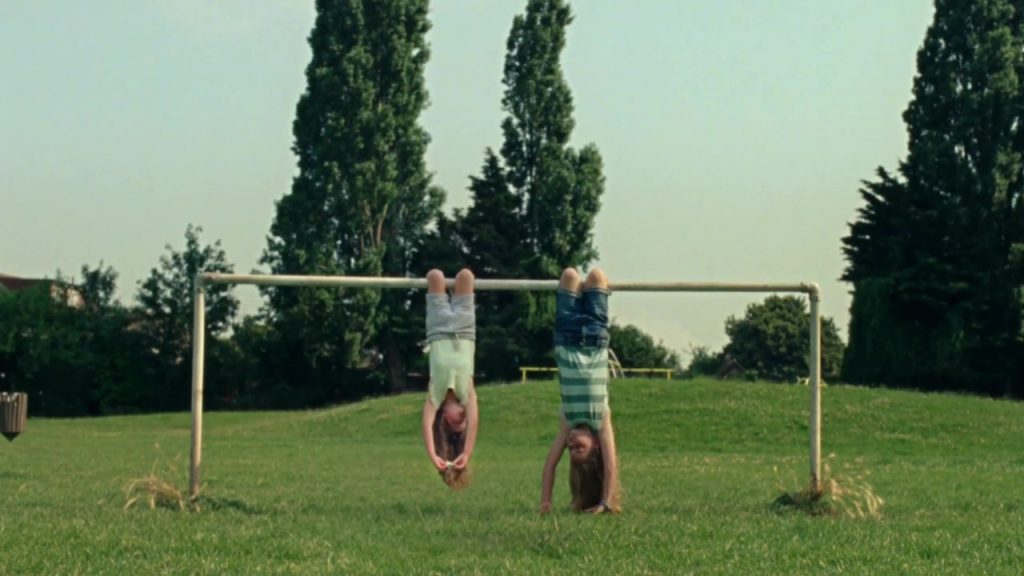Mondelez has lost a battle with the advertising watchdog over a Dairylea cheese commercial which was deemed to encourage unsafe behaviour amongst children.
The ad – which first appeared on television last August – featured two children, aged six and eight, hanging upside down from football goalposts in a park, with one eating a cheese triangle.
The Advertising Standards Authority (ASA) confirmed it had received 14 complaints, including one viewer who said a toddler in their family had emulated the girls.
Dairylea owner Mondelez defended the commercial, arguing the risk of choking was low when upside down and even pointed to research which, it said, suggested someone’s ability to swallow was not compromised by the position they ate in.
They also referred to a letter, published in a journal dedicated to the study of resuscitation, which they said stated that being in a head down position was recommended during a choking incident. Based on the research, and because Dairylea is a soft food, they considered there was a very low risk of choking when eating upside down.
ASA, however, sided with the complainants, confirming it had sought expert views on child accidents, and was advised that there was a potentially high risk of choking in such situations.
“We also noted that one complainant had reported that their three-year-old relative, after seeing the ad, ate their food whilst hanging upside down,” it said in its judgement.
The watchdog added: “We considered that the ad condoned and encouraged younger children to eat whilst hanging upside down, which was an unsafe practice where there was potentially a high risk of choking.”

A Mondelez spokesman said the company would abide by ASA’s decision but was left “disappointed” by the ruling.
It also stressed the commercial was actually aimed at adults (parents) rather than young children and had been “deliberately scheduled away from programming likely to appeal to children under 16.”
In a separate ruling, ASA also censored Lipton Ice Tea over an advertisement which made “100 percent recycled” claims.
The poster, which appeared in bus shelters last August, read: “Deliciously refreshing, 100 percent recycled*.” The asterisk linked to small text at the bottom which read: “Bottle made from recycled plastic, excludes cap and label.”
After receiving a complaint, the ad watchdog investigated, concluding people would reasonably understand the “100 percent recycled” claim to apply to all components of the bottle.
It said: “Because the overall impression of the ad was that all components of the bottle were made entirely from recycled materials when that was not the case, we concluded that the claim ‘100 percent recycled’ was misleading.”
A Pepsi Lipton International spokeswoman said: “We did not intend to mislead anyone with this ad, we were simply celebrating that the plastic bottle is now made from 100 percent recycled PET.
“For complete transparency, we added a note on the ad itself to clarify that it did not include the label and cap. We believed that to be clear and are sorry to hear that anyone may have felt misled.”




